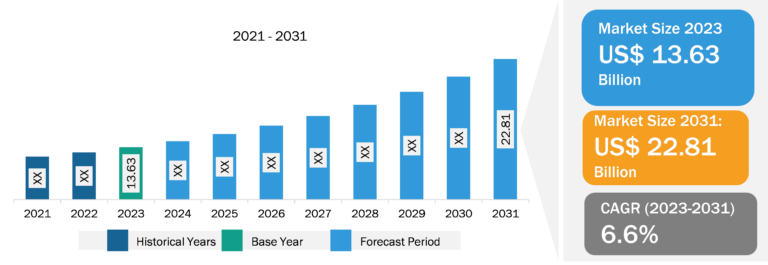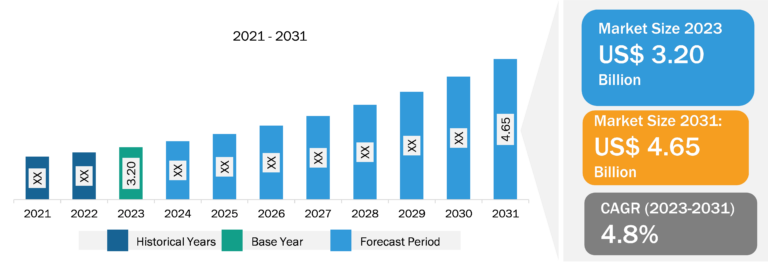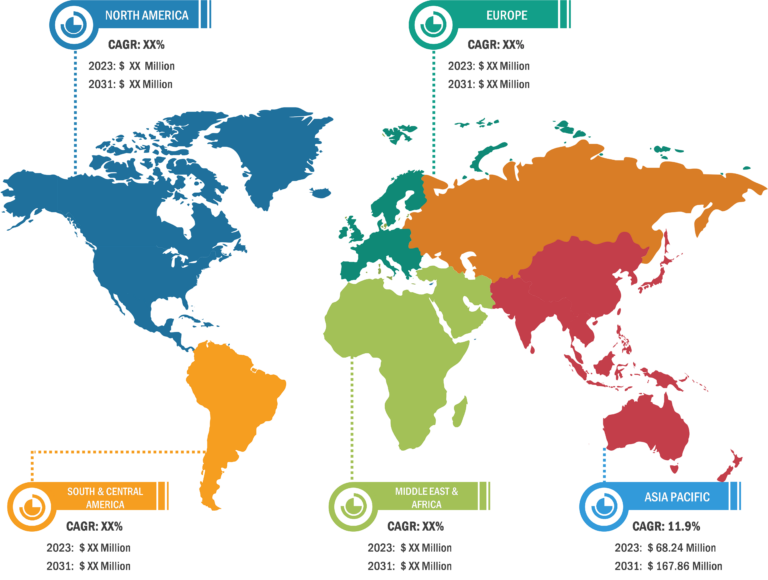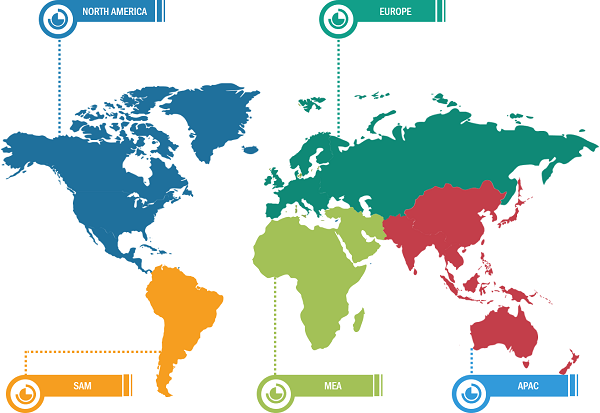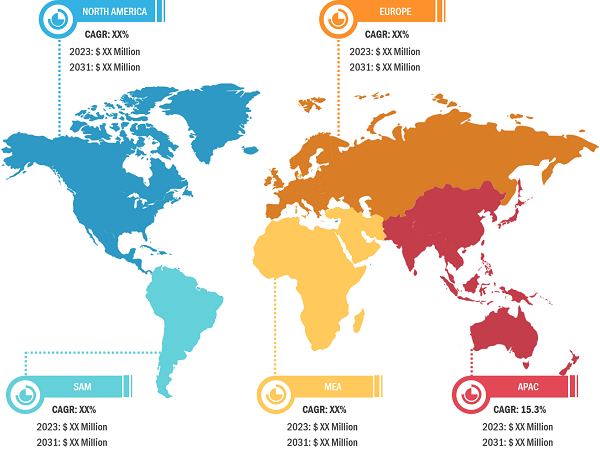
Hardware Security Module Market
The popularity of online data-sharing applications and digital technologies is expected to increase due to the growing trend of remote working. This could also lead to an exponential increase in the process of the digital transition, particularly for financial institutions. The market is anticipated to be driven by rising e-banking usage and high online sales. Digital transactions and payments have also increased as a result of mobile banking and third-party payment apps that are connected to open banking platforms such as Google or Amazon. Financial institutions have begun to implement hardware security modules for payments in an effort to streamline cryptography processes. They consistently manage dozens of security apps and safeguard important payment information and transactions with a single hardware security module (HSM). Thus, the rising adoption of HSM for retail payment transactions to protect sensitive data is expected to fuel the hardware security module market growth during the forecast period.
Germany Holds the Largest Share in the Europe
The hardware security module market in Germany is expected to grow considerably owing to the rise in digitization, 5G implementation, and technological adoption. Also, the increasing number of cyberattacks in the country is raising the need for hardware security modules to protect the confidential data of different organizations and government bodies. In June 2021, German cooperative banks were hit by a distributed denial-of-service (DDoS) attack on an IT provider. The DDoS attack intensified over the night, shutting down or slowing the websites of cooperative banks throughout the country, including banks such as Berliner Volksbank. Therefore, the rising cyberattacks, and cybersecurity threats influence the hardware security module market growth in the country.
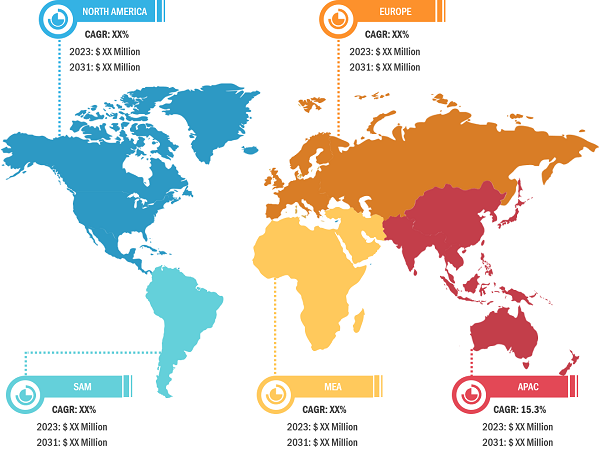
Segmental Overview
Based on type, the market is divided into LAN based, PCIe based, and USB based. The LAN based segment held the largest hardware security module market share in 2022, whereas the PCIe based segment is anticipated to register the highest CAGR during 2022–2030. In terms of application, the market is categorized into payment processing, secure socket layer, authentication, code and document signing, database encryption, credential management, and application-level encryption. The payment processing system segment held the largest hardware security module market share in 2023, and the credential management segment is anticipated to register the highest CAGR during 2023-2031. Based on industry, the market is divided into BFSI, government, IT & telecom, healthcare, manufacturing, retail & consumer goods, and others. The BFSI segment held the largest share in the market in 2023, whereas the healthcare segment is anticipated to register the highest CAGR during 2023-2031.
Hardware Security Module Market Analysis: Competitive Landscape and Key Developments
Thales, STMicroelectronics, Utimaco Management GmbH, Atos SE, IBM Corporation, Futurex, SWIFT, Ultra Electronics Holdings plc, Infineon Technologies AG, and Hewlett Packard Enterprise Development LP are among the key players profiled in the hardware security module market report. Several other essential players were also analyzed for a holistic view of the market and its ecosystem. The hardware security module market report provides detailed insights to help major players strategize their growth.
- In August 2023, Thales announced the launch of its new payShield Cloud HSM service, aimed to improve the acceleration of cloud payments infrastructure adoption. The solution, built on its payShield 10k Payment Hardware Security Module (HSM), focuses on providing clients with improved flexibility, scalability, and speed-to-market solutions.
- In May 2023, Crypto4A Technologies Inc., a Canadian company, announced the launch of QxHSM, an industry-first fifth-generation Hardware Security Module (HSM) in a revolutionary modular blade form factor that provides operational efficiencies and a lower total cost of ownership. QxHSM provides the quantum-safe cryptographic agility, mobility, and scalability needed to keep up with rapid advances in technology, ensures true ownership of cryptographic material without vendor lock-in, and supports flexible cloud-scale deployment architectures while adapting to changing markets, standards, and requirements.
- In September 2022, Marvell unveiled its LiquidSecurity 2 (LS2) hardware security module (HSM) adapter, the industry’s most advanced solution for enabling encryption, key management, authentication, and other HSM services in the cloud. LS2 is a converged security platform for payment, privacy compliance, and general-purpose applications. It is powered by a cloud-optimized Marvell OCTEON data processing unit (DPU), proven at scale across the world’s largest hyperscale clouds. The new Marvell HSM adapter offers the industry’s highest-performing cryptographic acceleration and processing, including hardware-secured storage of up to one million keys for AES, RSA, and ECC encryption algorithms and 45 partitions for robust multi-tenant use cases.
- In October 2021, Infineon Technologies AG launched the SLS37 V2X hardware security module (HSM), a plug-and-play security solution for vehicle-to-everything communication (V2X). The SLS37 V2X HSM is based on a highly secured, tamper-resistant microcontroller tailored to the security needs of V2X applications within telematics control units. It protects the integrity and authenticity of messages, as well as the privacy of the sender. In addition, the HSM also helps system integrators to solve the conflicting requirements of high performance and high security.


